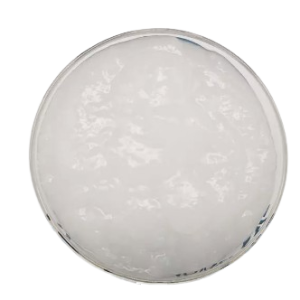CNC Innovations: Transforming Industries with Nanocrystals
Cellulose nanocrystals (CNC) are reshaping the landscape of modern industries by providing sustainable, high-performance alternatives to conventional materials. These remarkable nanostructures, derived from nature’s most abundant biopolymer, are unlocking new possibilities in sectors ranging from packaging to biomedicine, advanced composites, coatings, and more. This guide offers a fresh, in-depth exploration of CNC technology, innovative uses of nanocrystals, manufacturing advancements, and key benefits that make nanocellulose solutions the future of eco-friendly industry.
Explore CNC Nanocrystals







